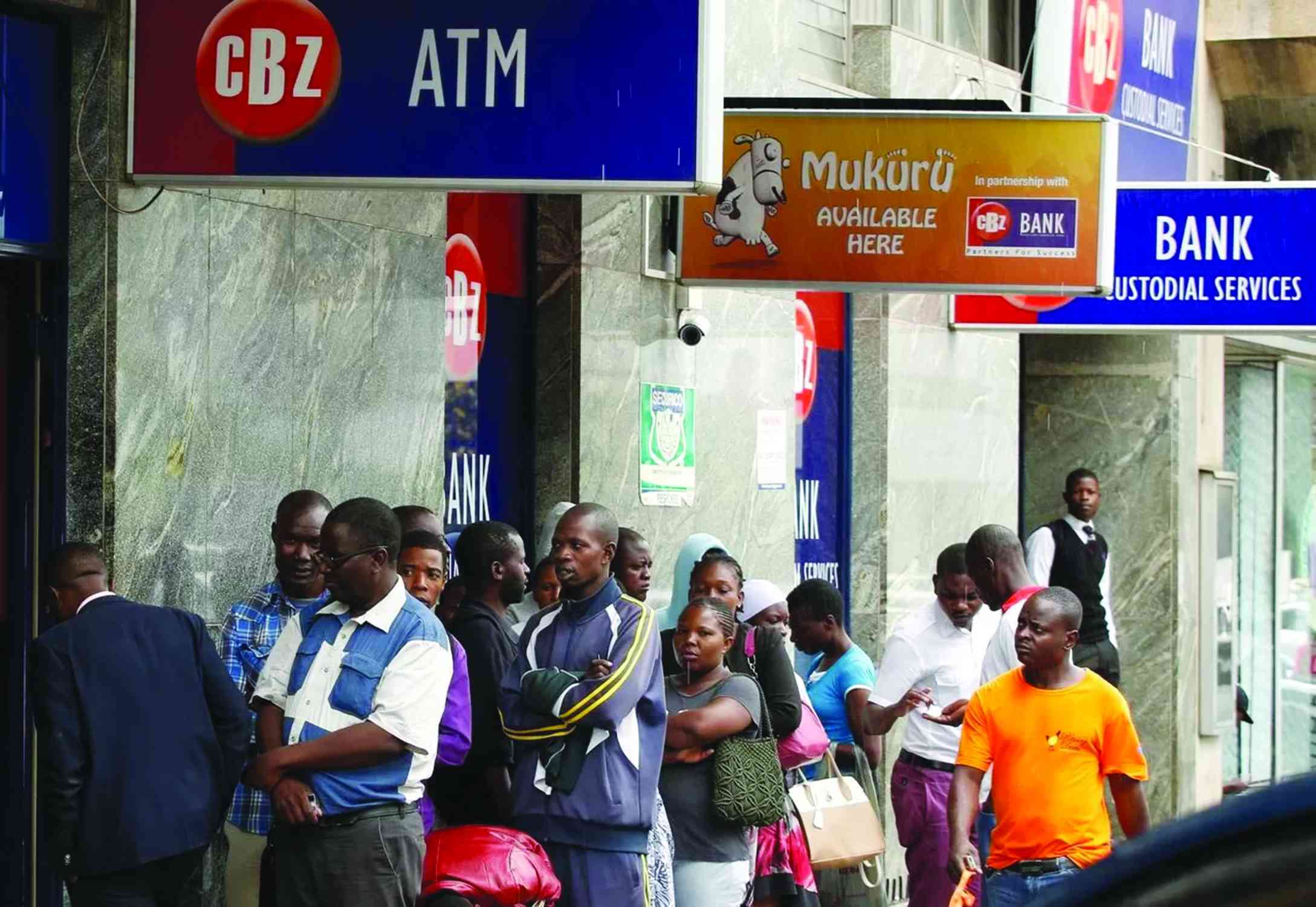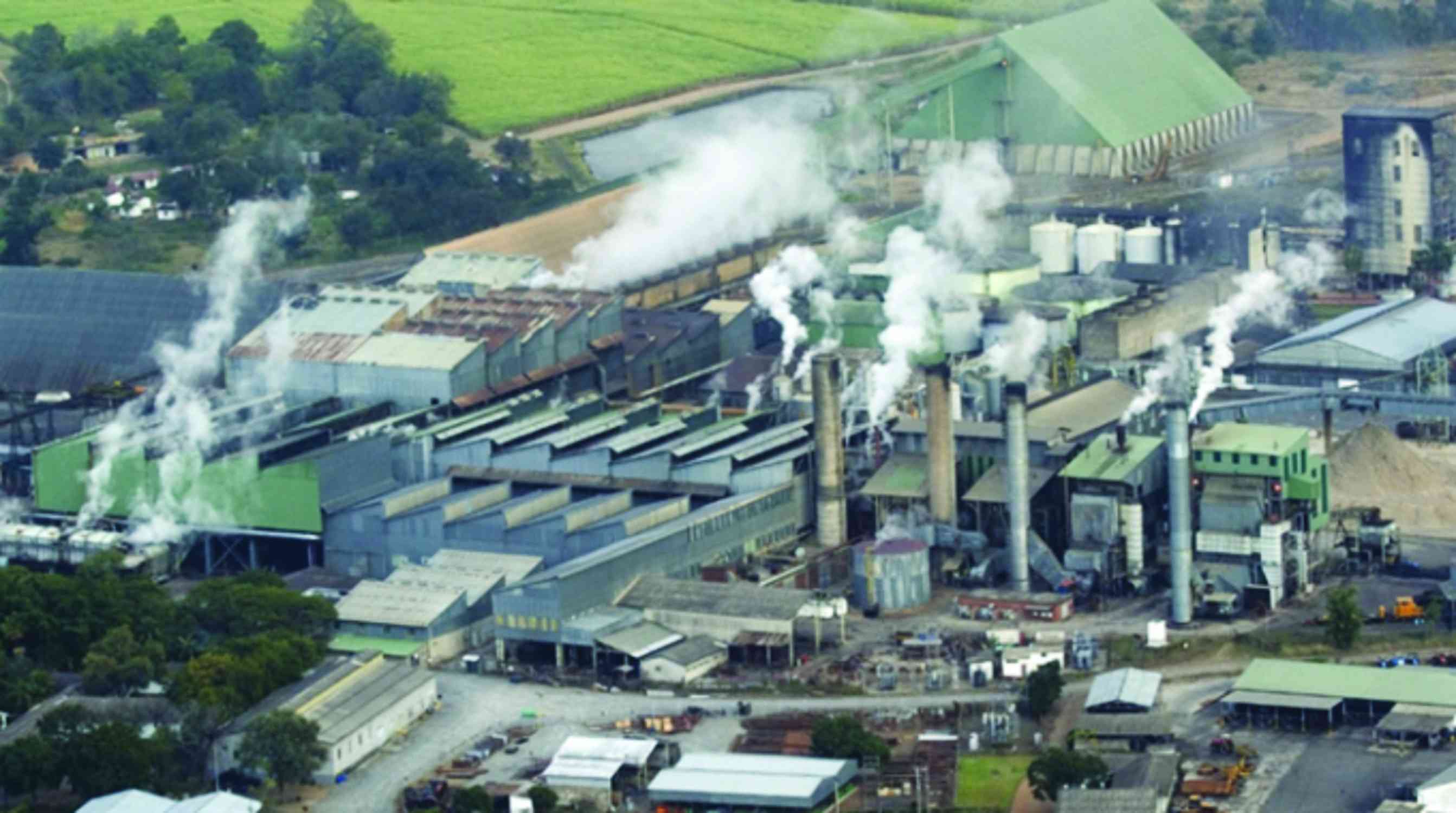
BY FREEMAN MAKOPA
DOROWA Minerals, the firm that produces phosphate for Zimbabwe’s fertiliser makers, is to decommission its plant and replace it with efficient technologies, according to Industrial Development Corporation (IDC) chairperson Winston Makamure.
The IDC controls 100% shareholding in Dorowa through its fertiliser production unit, Chemplex Corporation Limited Group.
The Makamure-led IDC board came into office last year.
In the past six months, the board has helped Dorowa resume magnetite exports and the foreign currency generated from the sales was being channelled towards capital expenditure.
Makamure told businessdigest this week that his plan was to reduce costs at Dorowa and free up resources for funding a string of projects that the IDC is undertaking, as it champions rural industrialisation.
He did not say how old the plant was.
However, Makamure said it last underwent major maintenance during the colonial era in 1975, which means it has been propelling Zimbabwe’s agricultural sector for 47 years since the major overhaul.
- Chamisa under fire over US$120K donation
- Mavhunga puts DeMbare into Chibuku quarterfinals
- Pension funds bet on Cabora Bassa oilfields
- Councils defy govt fire tender directive
Keep Reading
It could be one of the country’s oldest plants.
“The phosphate deposits are massive at Dorowa,” Makamure said.
“For us to meet national demand, we definitely need to ramp up production. But the plant, which we have at Dorowa is very old. I think the last time there was major plant maintenance was in 1975. We are making do with that but the next thing is we now need to move with technology.
“The money, which we are getting from magnetite exports, has started ramping up the magnetite production,” he added.
Makamure said magnetite exports were expected to generate up to US$1,5 million per month, giving Dorowa a fresh impetus to fund capital projects currently underway.
“I think by July we should be producing 6 000 tonnes per month,” he said.
“Now, 6 000 tonnes per month gives us US$1,5 million per month. That is what we will now start generating. For us to be fully self-sufficient in terms of Compound D fertilisers, we need to move away from old antiquated equipment. We need to bring new technology.
‘We need to put a completely new plant. The new plant and everything will require US$70 million. We have already started talks. I think the process has actually moved quite a stage,” Makamure added.
He said this level of funding would be enough to help the firm commission new equipment for processing the resource.
The initial stages of the project have already started, Makamure said.
“It’s a process, which is being finalised in terms of timeframes and everything,” he added.
In 2019, the Confederation of Zimbabwe Industries (CZI) said the country was running on plants, which were commissioned as far back as 1947.
The CZI said antiquated plants were burning cash and piling up pressures of industries by guzzling electricity.
Frequent breakdowns due to old age were also rampant, according to the CZI, which has indicated that industries required up to US$2 billion to revamp plants in line with global trends.











